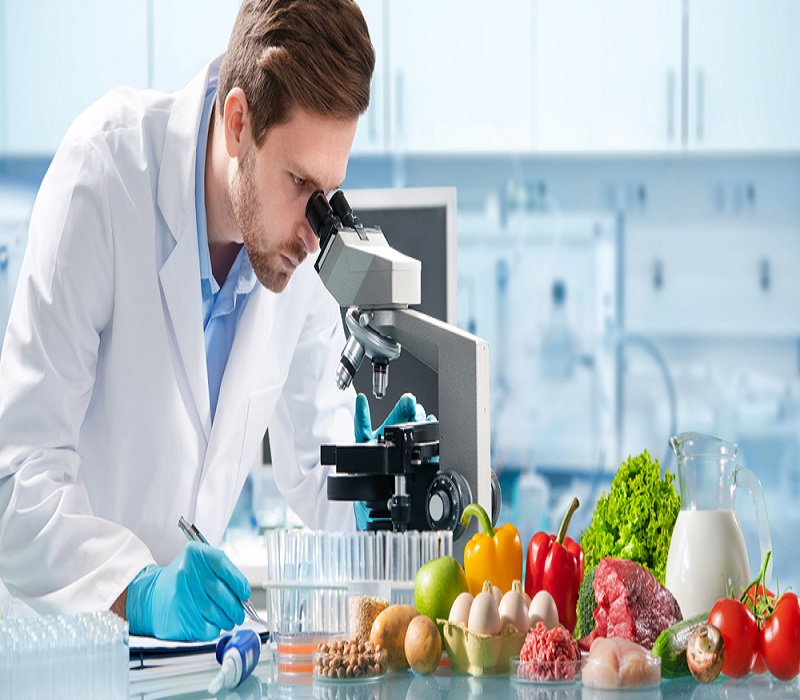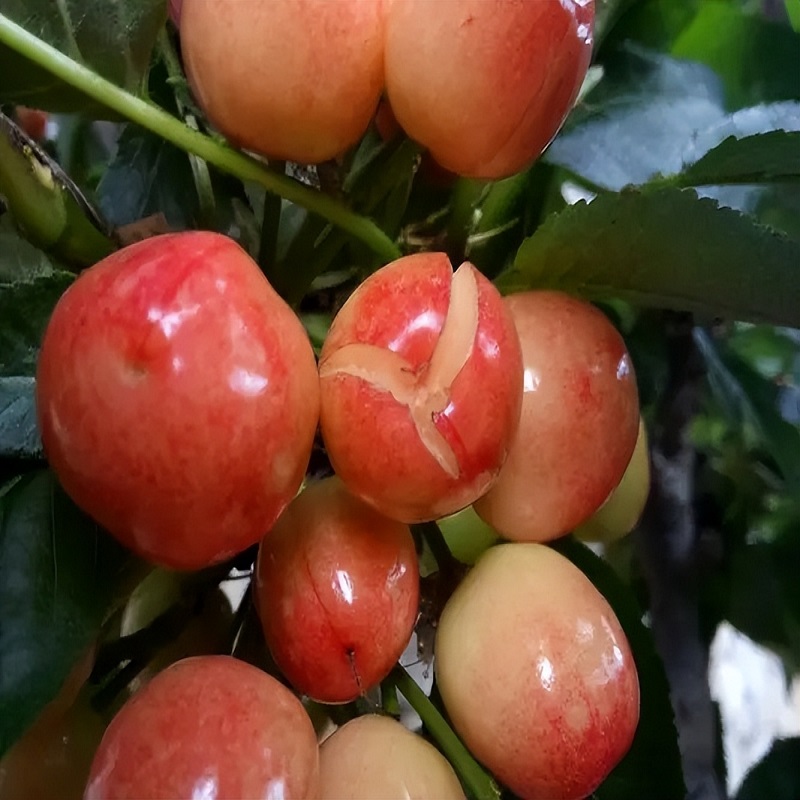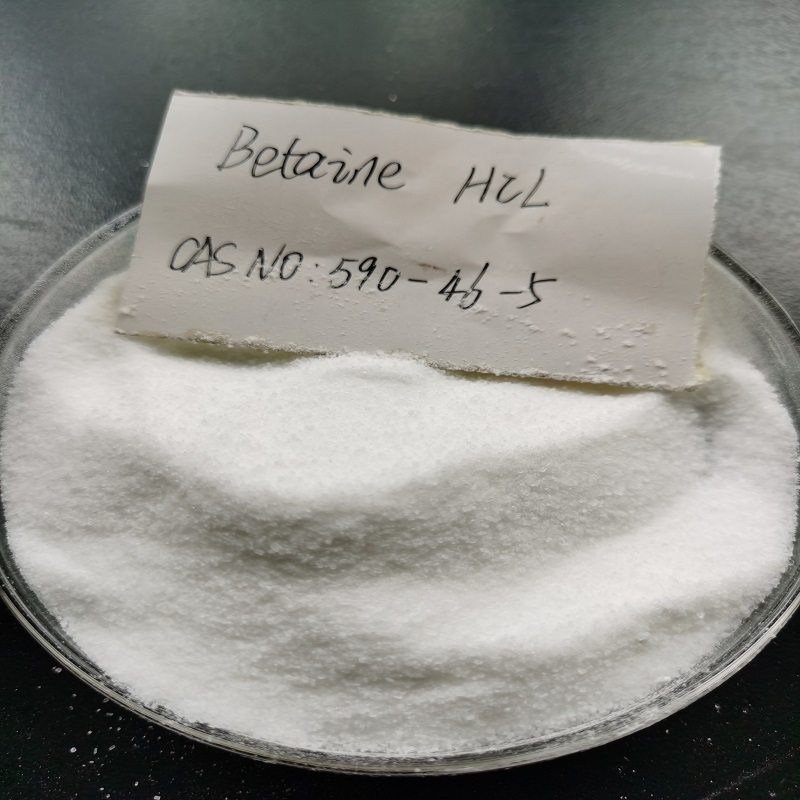Betaine (mainly glycine betaine), as a biostimulant in agricultural production, has significant effects in improving crop stress resistance (such as drought resistance, salt resistance, and cold resistance). Regarding its application in fruit cracking prevention, research and practice have shown that it has certain effects, mainly by regulating plant physiological mechanisms to alleviate fruit cracking.
The main mechanism of action of betaine in preventing fruit cracking:
1. Osmotic regulation effect
Betaine is an important osmotic regulator in plant cells that helps maintain osmotic balance. During the period of rapid fruit expansion or when encountering drastic changes in water content (such as sudden heavy rain after drought), betaine can stabilize cell osmotic pressure, reduce the mismatch between fruit pulp expansion rate and skin growth rate caused by rapid water absorption, and thus reduce the risk of fruit cracking.
2. Enhance cell membrane stability
Betaine can protect the structural and functional integrity of cell membranes, reduce damage to cell membranes caused by adversity (such as high temperature and drought), enhance the toughness and extensibility of fruit peels, and make fruit peels more able to withstand internal pressure changes.
3. Antioxidant protection
Fruit cracking is often associated with oxidative stress. Betaine can enhance the activity of antioxidant enzymes (such as SOD, POD, CAT) in plants, eliminate excess reactive oxygen species (ROS), alleviate cellular oxidative damage, and maintain the health of fruit peel cells.
4. Promote calcium absorption and transportation
Calcium is an important component of the cell wall in fruit peels, and calcium deficiency can easily lead to fragile fruit peels. Betaine can improve cell membrane permeability, promote the transport and accumulation of calcium ions to the fruit peel, and enhance the mechanical strength of the fruit peel.
5. Hormonal balance regulation
Indirectly affecting the synthesis and signal transduction of endogenous hormones (such as ABA and ethylene) in plants, delaying the aging process of fruit peels, and maintaining the growth activity of fruit peels.
Actual application effect:
1.Applicable crops:
It is widely used on easily cracked fruit crops such as grapes, cherries, tomatoes, citrus, and dates, especially on water sensitive varieties such as Sunshine Rose grapes and cherries.
2. Crack prevention effect:
Field experiments have shown that foliar application of betaine (0.1%~0.3% concentration) can reduce fruit cracking rate by 20%~40%, with specific effects varying depending on crop variety, climate, and management measures.
When used in combination with calcium fertilizers (such as sugar alcohol calcium and amino acid calcium), the effect is better, forming a dual protection of "permeation regulation+structural strengthening".
Usage suggestions:
Key application period: Spray 2-3 times every 7-10 days from the early stage of fruit swelling to the color changing period.
Prevention before adversity:
spray 3~5 days before rainstorm or continuous drought is predicted to enhance the ability to resist adversity.
Recommended concentration for foliar spraying: 0.1%~0.3% (i.e. 1-3 grams/liter of water) to avoid salt stress on leaves caused by high concentration.
Root irrigation: 0.05%~0.1%, synchronized with water management.
Compound scheme:
Betaine+calcium fertilizer (such as sugar alcohol calcium): enhances skin toughness.
Betaine+boron fertilizer: promotes calcium absorption and reduces physiological disorders.
Betaine+seaweed extract: synergistically enhances stress resistance.
Matters needing attention:
Water management is the foundation: Betaine cannot replace scientific irrigation! It is necessary to maintain stable soil moisture (such as laying plastic film, drip irrigation) and avoid rapid dry wet alternation.
Nutritional balance: Ensure a balanced supply of potassium, calcium, boron and other elements, and avoid biased application of nitrogen fertilizers.
Environmental compatibility: Betaine is naturally non-toxic, safe for the environment and fruits, and suitable for green planting systems.
Summary:
Betaine effectively enhances fruit crack resistance through multiple pathways such as osmotic regulation, enhanced membrane stability, antioxidant activity, and promotion of calcium absorption. As an auxiliary measure, it is necessary to combine comprehensive measures such as water management and nutrient regulation to significantly reduce the fruit cracking rate.
In practical applications, it is recommended to spray low concentration multiple times during the fruit swelling period, and prioritize the combination with calcium and boron fertilizers to achieve the best crack prevention effect.
Post time: Aug-15-2025








